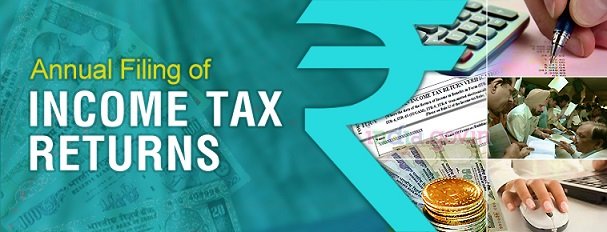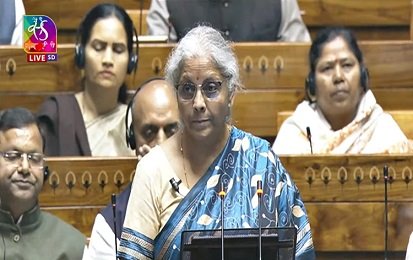Last Updated on August 11, 2025 8:44 am by BIZNAMA NEWS
R. Suryamurthy
India’s lower house of parliament on Monday approved a sweeping overhaul of the country’s income tax law, replacing the six-decade-old Income Tax Act of 1961 with a simplified framework aimed at cutting litigation, clarifying deductions, and easing compliance.
The Income-Tax (No. 2) Bill, 2025, passed by voice vote without debate amid opposition protests over electoral roll revisions in Bihar, incorporates nearly all of the 285 recommendations made by a parliamentary select committee after four months of review. The new law is due to come into effect from April 1, 2026.
Finance Minister Nirmala Sitharaman, who reintroduced the bill earlier in the day, said the revised draft consolidates and amends tax provisions in “clearer and more concise” language, aligning with what she described in February as the guiding S.I.M.P.L.E principles – streamlined structure, integration, minimal litigation, practicality, learning, and efficiency.
The 536-section bill replaces outdated terminology, removes redundant provisions such as fringe benefit tax, and introduces a single “tax year” concept in place of the dual “previous year” and “assessment year” system. It also expands the Central Board of Direct Taxes’ powers to frame rules suited to the digital economy.
Key changes include allowing tax refunds even in cases of late filings, restoring deductions for inter-corporate dividends, scrapping penalties for delayed TDS filings, and clarifying property tax calculations and pre-construction interest deductions. Pension benefits have been extended to certain non-employees, and the definition of MSMEs aligned with the MSME Act.
Select committee chair Baijayant Panda said the new law halves the complexity of the 1961 Act, which has been amended over 4,000 times and grown to more than 500,000 words. “This will help individual taxpayers and MSMEs avoid unnecessary litigation,” he said.
Tax experts welcomed the changes. Dinesh Kanabar, CEO of Dhruva Advisors, called the removal of alternate minimum tax for LLPs and easing of rules for charitable trusts “very welcome changes.” Gouri Puri, partner at Shardul Amarchand Mangaldas, said the bill addressed ambiguities that could have triggered disputes, balancing administrative efficiency with taxpayer confidence.
Also passed on Monday was the Taxation Laws (Amendment) Bill, 2025, which amends the Income Tax Act and Finance Act to extend direct tax exemptions to subscribers of the Unified Pension Scheme and provide certain benefits to Saudi Arabia’s sovereign wealth fund investing in India.
Both bills cleared the Lok Sabha without discussion, underscoring the government’s determination to implement the new tax regime on schedule despite parliamentary disruptions.




